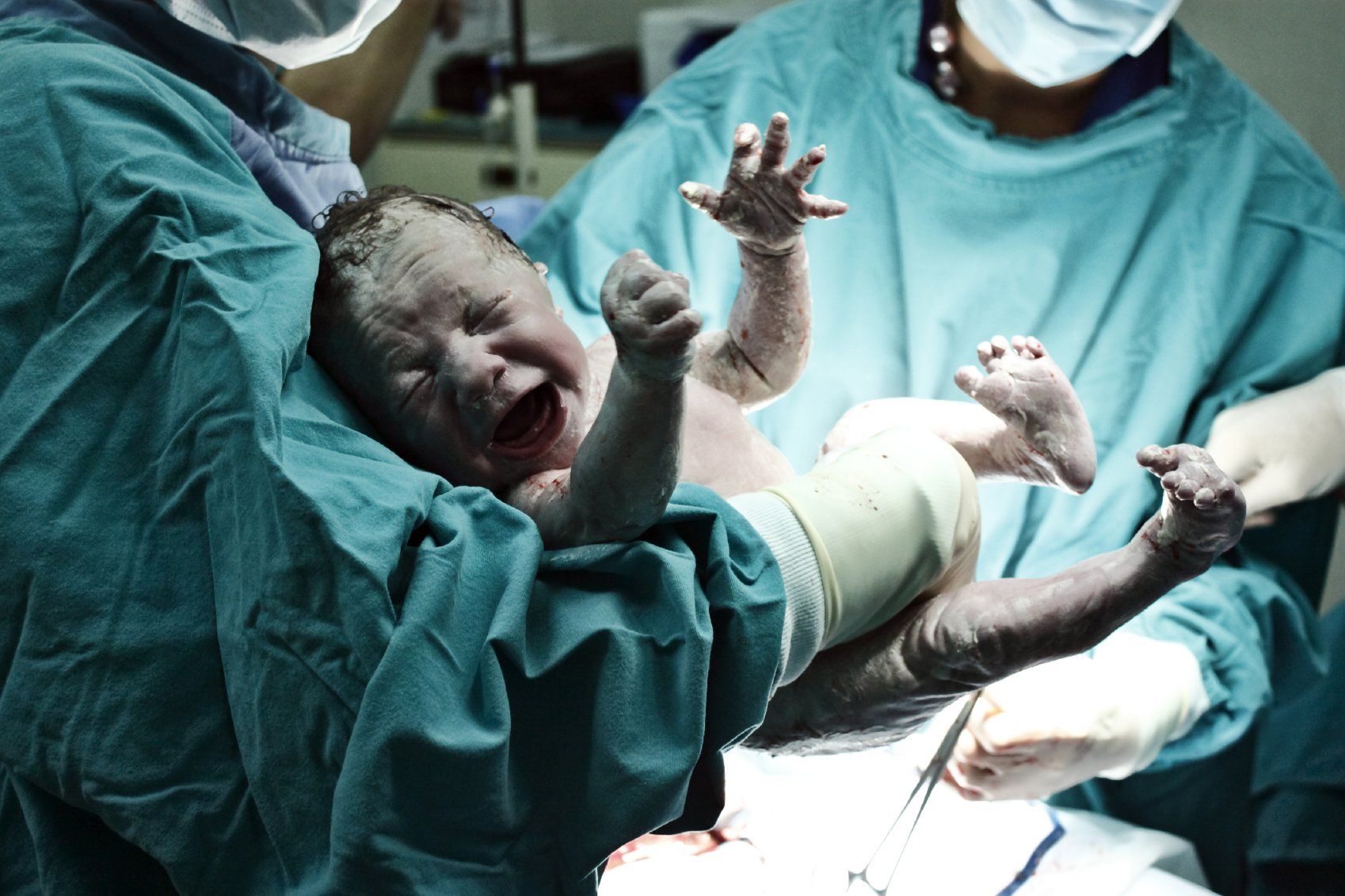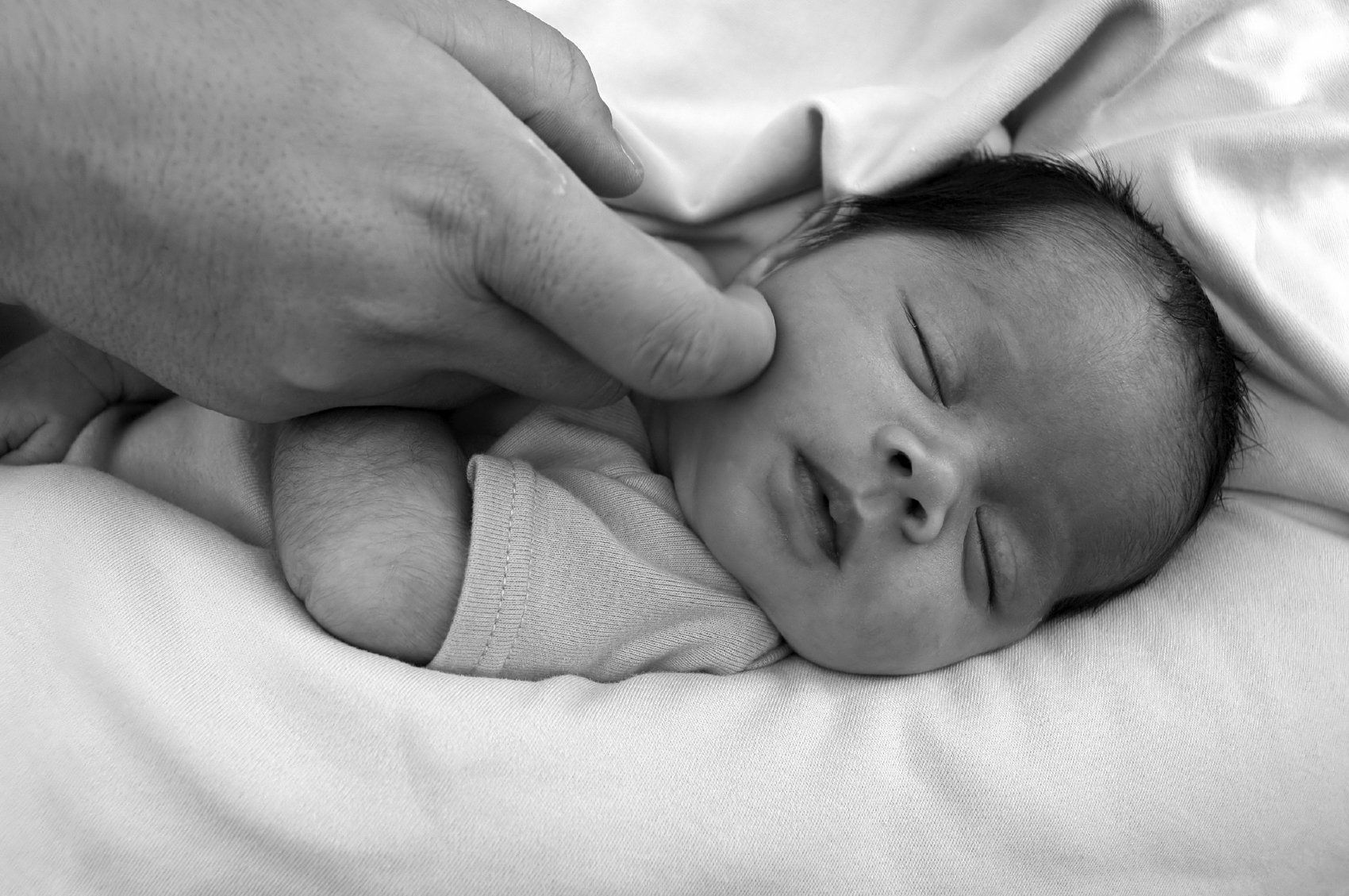FERTILITY - INFERTILITY DISCOURSE



RETHINKING - (IN)FERTILITY
- Planning and preparing to have children can be an exciting process and the individuals or couple often have some thoughts, images and expectations about what their family will be like, the number of children they will like to have and how they will raise the children. Fertility is, therefore, seen as a given!
- In a number of cases, however, people found that life do put
huddles
in their life journeys and expectations. These huddles often threaten to change the course and strategies for fulfilling their fundamental desires and expectations for having children. One of such huddles is
infertility. It is therefore important that we start engaging in the talk and rethinking the concepts of fertility and infertility.
WHAT IS INFERTILITY
Infertility is described as:
the inability to conceive after 2 years of unprotected vaginal sexual intercourse by a woman of reproductive age.
Infertility is one of the few life conditions that have the propensity to cast the shade of doubt and helplessness into all areas of human function. Though infertility has this over-powering impact on the people affected, it is not always at the fore front of health anxieties until the diagnosis is made or the couple attempt to have children and fail to conceive.
The diagnosis of infertility often comes as a shock and downward spiralling challenge. Unlike other challenging life events, which may have a clear resolution, infertility is uniquely distressing because it can last for many years and the outcome is uncertain.
Because fertility is commonly seen as a given, people tend not to pay attention to the things that can help or hinder their fertility ability.
CAUSES OF INFERTILITY
The causes of infertility have been grouped into:
1. Male-factors: This factors account for a third of infertility
2. Female factors: This also accounts for a third of infertility
3. Common (male and female) factors
4. Unexplained (idiopathic) factors
CHANCES OF CONCEPTION
Studies showed that:
Over 80% of couples in the general population will conceive within 1 year, if the woman is aged under 40 years and they do not use contraception and have regular sexual intercourse.
Of those who do not conceive in the first year, about 50% of them will do so in the second year (cumulative pregnancy rate over 90%).
For people using assisted method such as artificial insemination to conceive, over 50% of women aged under 40 years will conceive within 6 cycles of intrauterine insemination (IUI).
For those who do not conceive within 6 cycles of intrauterine insemination, about half of them will do so with a further 6 cycles (resulting to a cumulative pregnancy rate of over 75%).
It therefore means that the earlier couples know their fertility status, the better for them!




